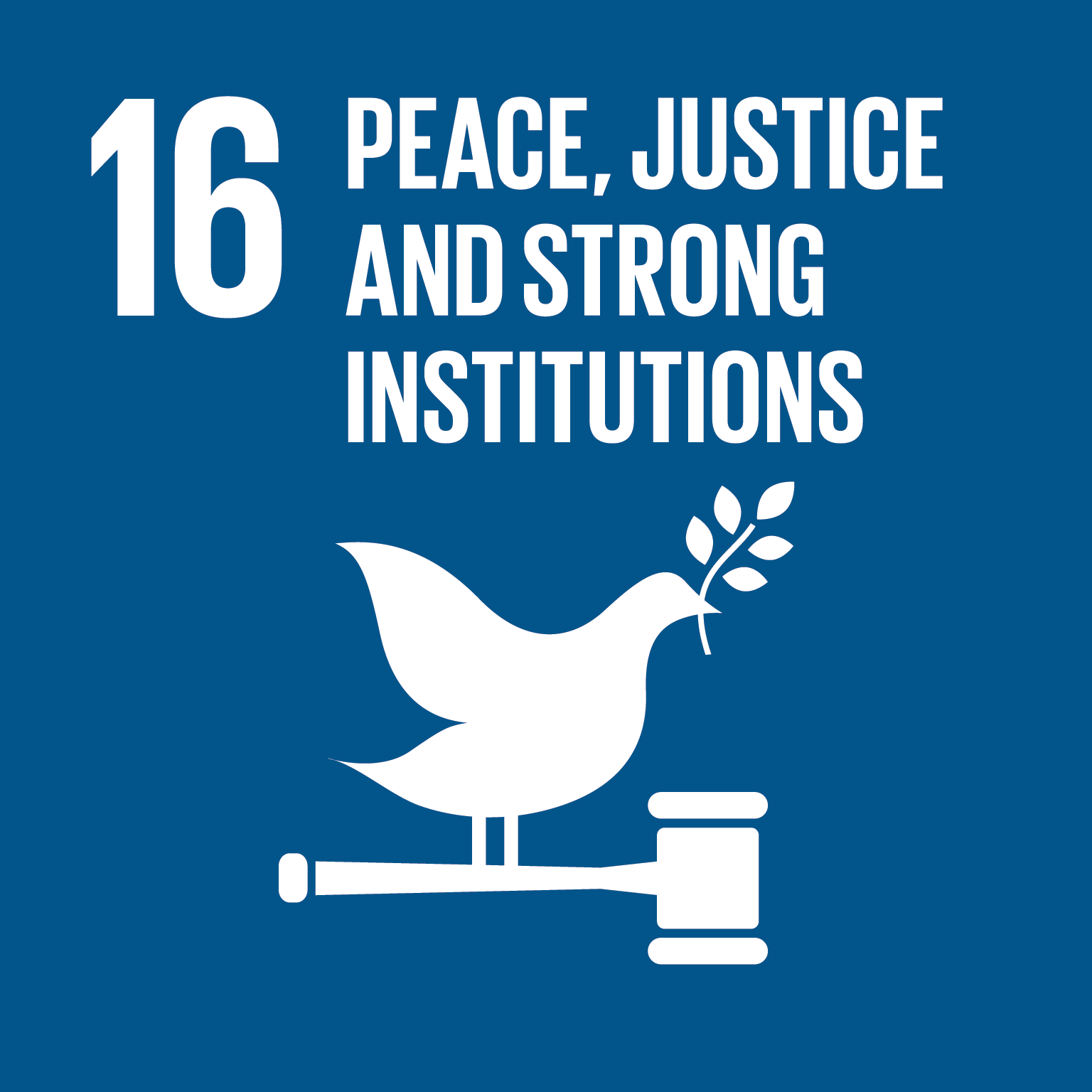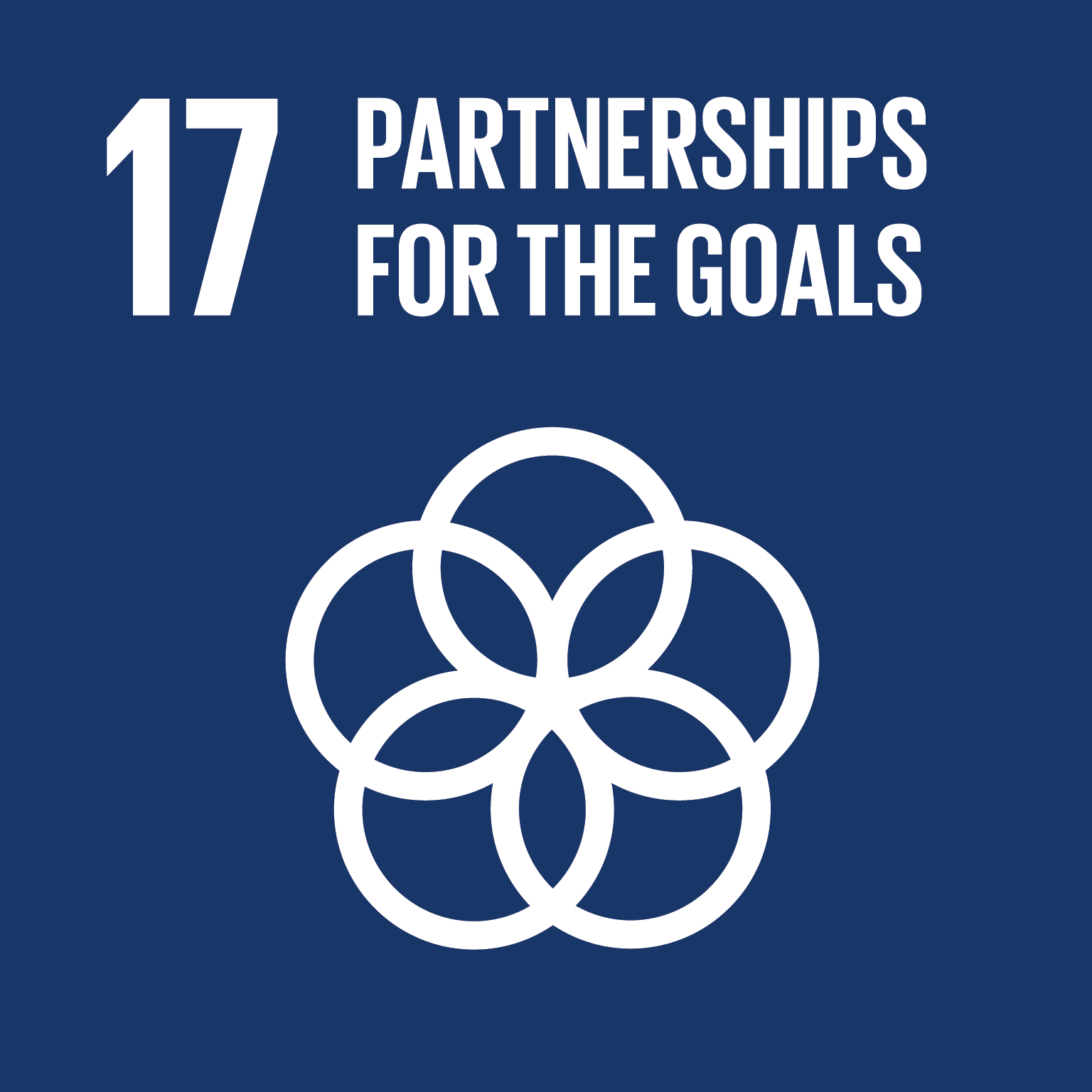This 3-year project aims to evaluate the contribution of police to the implementation of protection of civilians (POC) mandates in United Nations peace operations.
Research consists of a structured focused comparison of five UN peace operations in the Democratic Republic of Congo, South Sudan, Mali, Central African Republic and Haiti. The broad goal of the project is to identify ways of improving civilian protection into the future. Police peacekeepers are deployed in large numbers to protect hundreds of thousands of civilians in increasingly complex conflict situations. However, rapidly evolving contributions of police to the implementation of POC mandates have not been subject to systematic evaluation.
The Project aims to:
- Understand how POC mandates are implemented by police in UN peace operations and how have this has changed since their inception
- Through systematic comparative research assess the opportunities and challenges associated with the direct and indirect protection of civilians by UN police.
- Identify the extent to which the implementation of POC mandates by UN police peacekeepers aid, or hinder, the pursuit of both immediate civilian protection objectives and the wider goals of UN peace operations.
- Identify policing practices that might mitigate the risks and enhance the efficacy of UN police in implementing civilian protection mandates.
- Provide recommendations for policy development and practice in relation to the use of police for civilian protection purposes in UN peace operations.
Project timeline: 2017 - 2020
Key contributors: Charles T. Hunt
This project addresses the following Sustainable Development Goals and Targets:
Target 16.1: Significantly reduce all forms of violence and related death rates everywhere
Target 16.2: End abuse, exploitation, trafficking and all forms of violence against and torture of children
Target 16.3: Promote the rule of law at the national and international levels and ensure equal access to justice for all
Target 16.a: Strengthen relevant national institutions, including through international cooperation, for building capacity at all levels, in particular in developing countries, to prevent violence and combat terrorism and crime
Target 17.16: Enhance the Global Partnership for Sustainable Development, complemented by multi-stakeholder partnerships that mobilize and share knowledge, expertise, technology and financial resources, to support the achievement of the Sustainable Development Goals in all countries, in particular developing countries

Get in touch
For more information or to discuss partnership and collaboration opportunities, email us at SDGs@rmit.edu.au.
For more information about RMIT’s sustainability commitments and activities visit www.rmit.edu.au/sustainability




